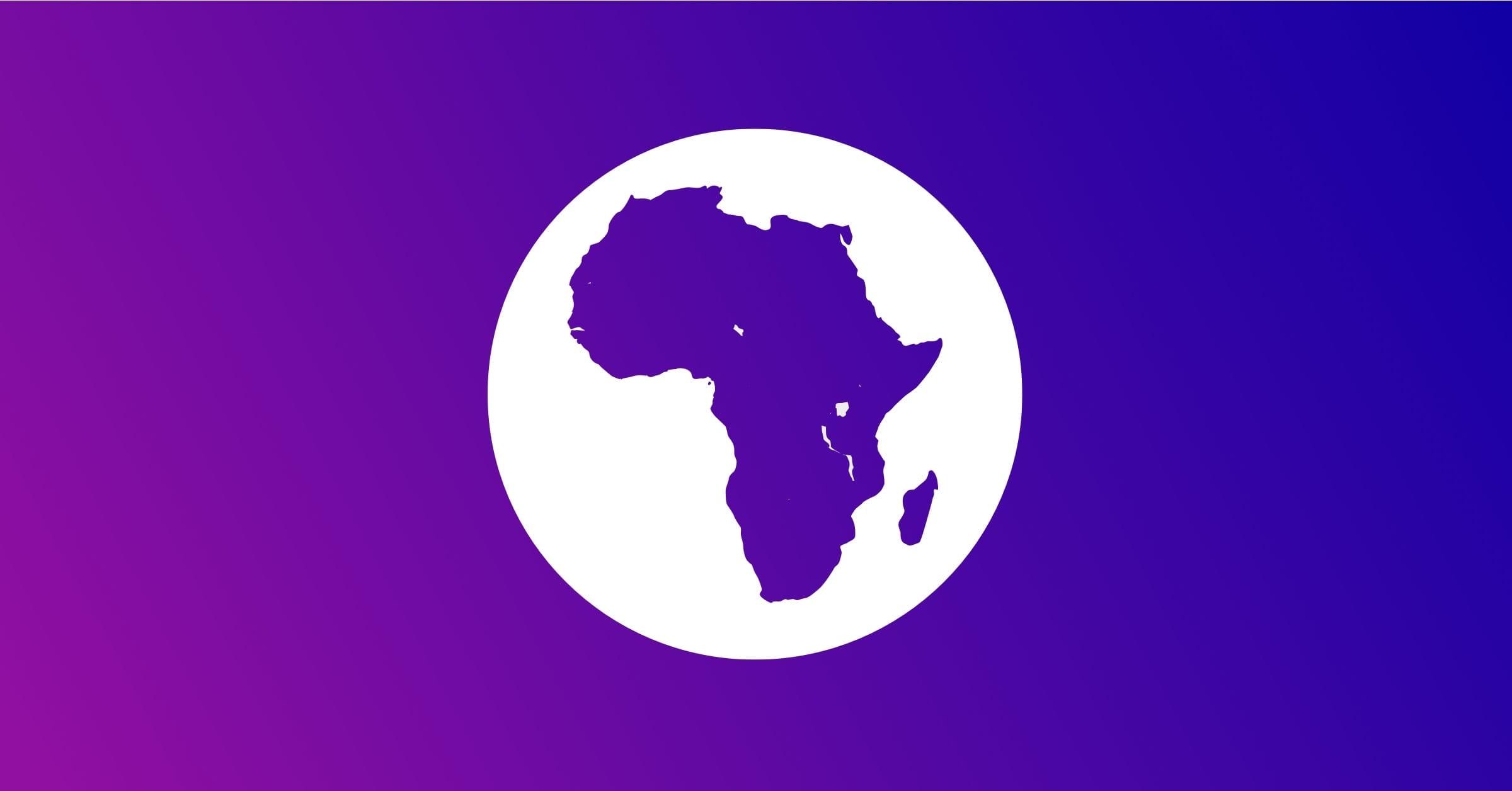If you are a scientist studying populations that are not well represented in current genomics research, the 23andMe Research Team would like to work with you.
Collaborate
We are searching for qualified researchers interested in the full spectrum of human genetic diversity to collaborate with us.
Researchers will work with 23andMe scientists to study our database, including 23andMe’s large African American and Latino cohorts who have consented to participate in research. This effort will be through 23andMe’s Research Innovation Collaborations Program, which we have previously used to partner with dozens of academic and non-profit institutions to advance genetics research.
Most of 23andMe’s 120 peer-reviewed publications have come through this program.

Improve Representation
With this initiative, 23andMe hopes to improve the representation of understudied populations. Our mission has always been to help people access, understand, and benefit from the human genome. But people can only benefit if scientific advances are relevant to them.
Unfortunately, that is not currently the case in the field of genomics. More than 88 percent of research participants in genome-wide association studies are in groups of European ancestry only. To make precision medicine a reality for everyone, we must conduct research on a diverse range of populations.
“Collaborating with 23andMe allowed our team to conduct the first genome-wide association study of uterine fibroids among African American women,” said Digna Velez Edwards, Ph.D., M.S, a division director of Quantitative Sciences.
Edwards, the director of Women’s Health Research, and an associate professor at Vanderbilt University Medical Center, said improving diversity in research is vital.
“The lack of diversity in research is widely acknowledged,” she said. “For scientists like me, collaborating with 23andMe and leveraging its large and rich database of African American customers who have consented to participate in research offers an opportunity to make new genetic findings that benefit those underrepresented populations.”
More Work Needed
Some of the studies 23andMe has worked on have focused on non-European populations, such as our previously mentioned research on uterine fibroids in African American women. But we recognize that more work needs to be done. For example, we are currently working with researchers on the genetics of height and weight. That study leverages 23andMe’s large African American cohort.
“If the underlying diversity of a dataset is limited, then scientific findings are less meaningful across populations,” said Joel Hirschhorn, an institute member of the Broad Institute of MIT and Harvard and the Concordia Professor of Pediatrics and Professor of Genetics at Boston Children’s Hospital and Harvard Medical School.
Hirschorn is collaborating with 23andMe on the project to better understand the connections between genetics, height, and obesity.
“Only by connecting with people across many different backgrounds and experiences and participating together in research can our genetic studies into human biology yield insights that apply across the diversity present within our shared humanity,” he said.
Unique Opportunity
Now, 23andMe has one of the largest groups of genotyped and phenotyped Latinos and African Americans who consented to participate in research worldwide. This presents a unique opportunity for researchers interested in leveraging this data for equitable genetic research.
So for this summer’s Research Innovation Collaborations Program cycle, we are especially interested in applications that focus on the population, molecular, and medical genetics of understudied populations. These include groups with African, Latino, East Asian, South Asian, and Middle Eastern ancestry within 23andMe’s database. Collaborators are expected to contribute to a project either with their unique expertise, novel methods, or comparable datasets for meta-analysis. Or they could contribute with validation in other cohorts. 23andMe does not grant access to our consented customers’ data. However, our researchers will analyze these cohorts statistically for accepted collaborators.
Topics of interest for diversity-related collaborations include:
- Phasing and IBD estimation
- Population substructure
- Population history
- PheWAS of suspected functional variants common in understudied populations
- Gene-by-environment interactions (GxE) replication or development focused on suspected functional variants
- Studies of conditions or traits that are relevant to understudied populations
Please read more about the application process and submit an application here by June 12, 2019.




